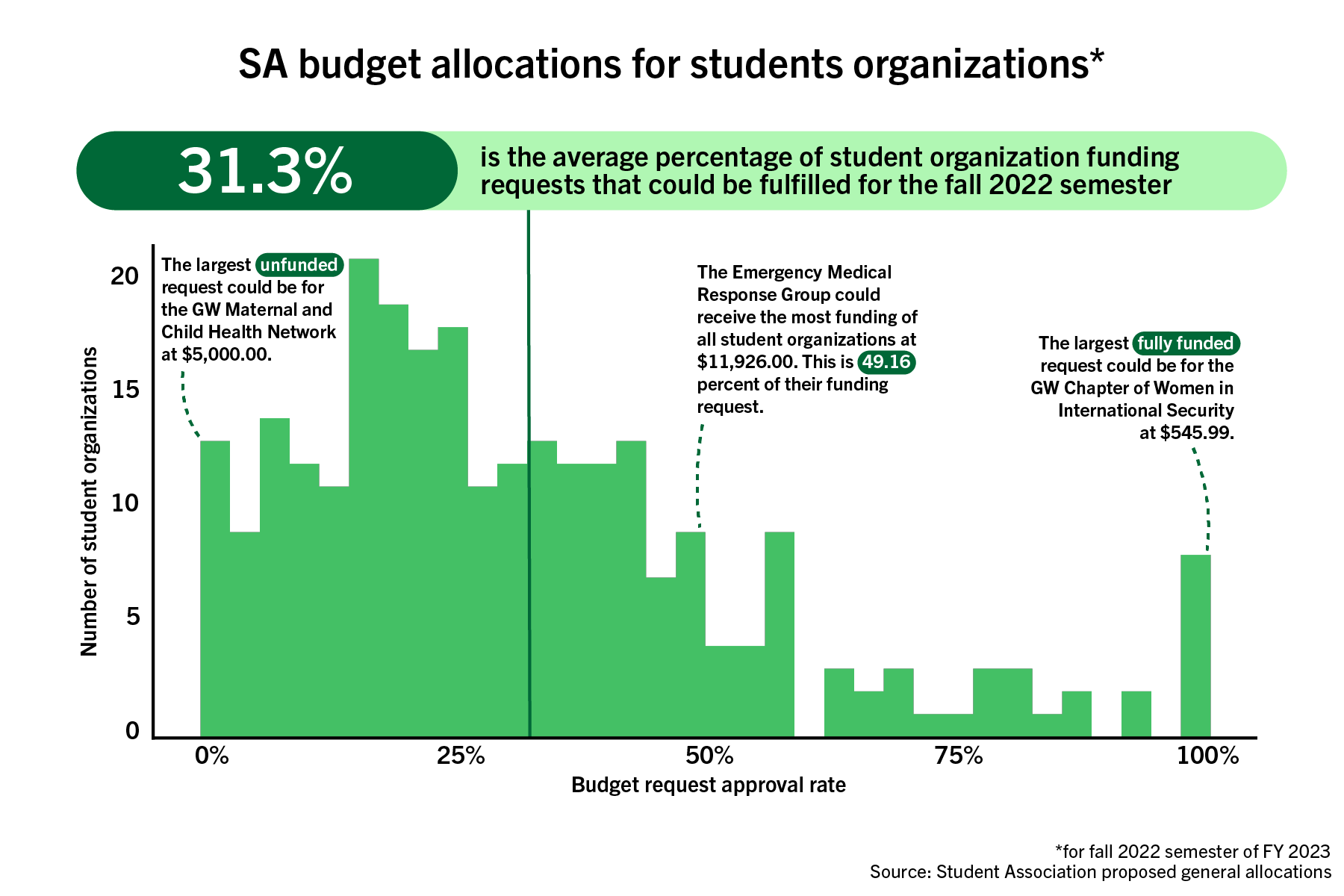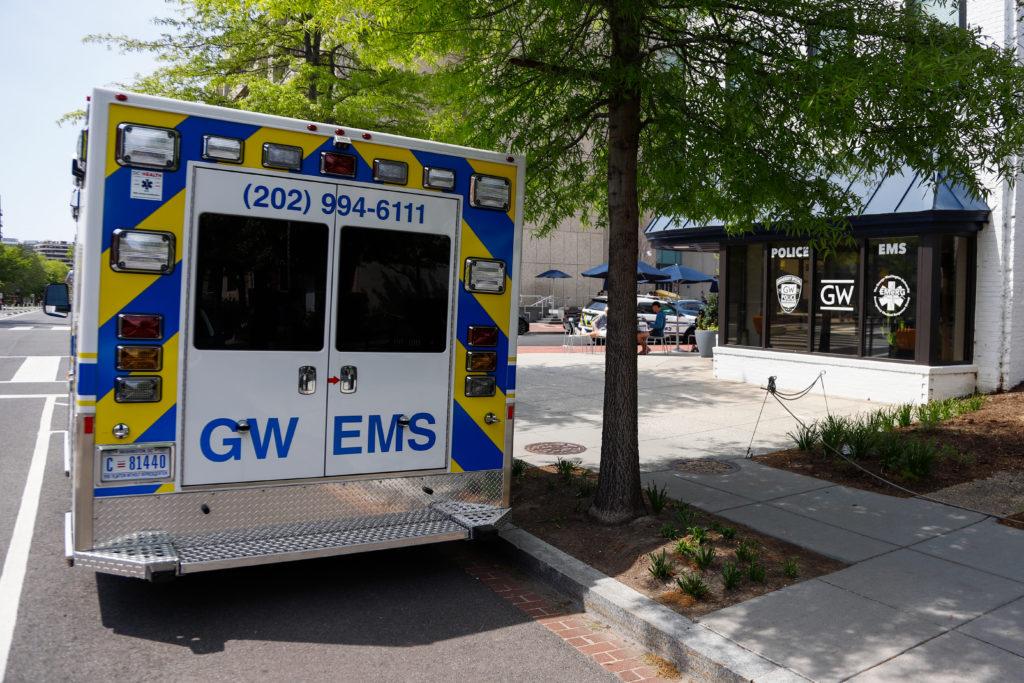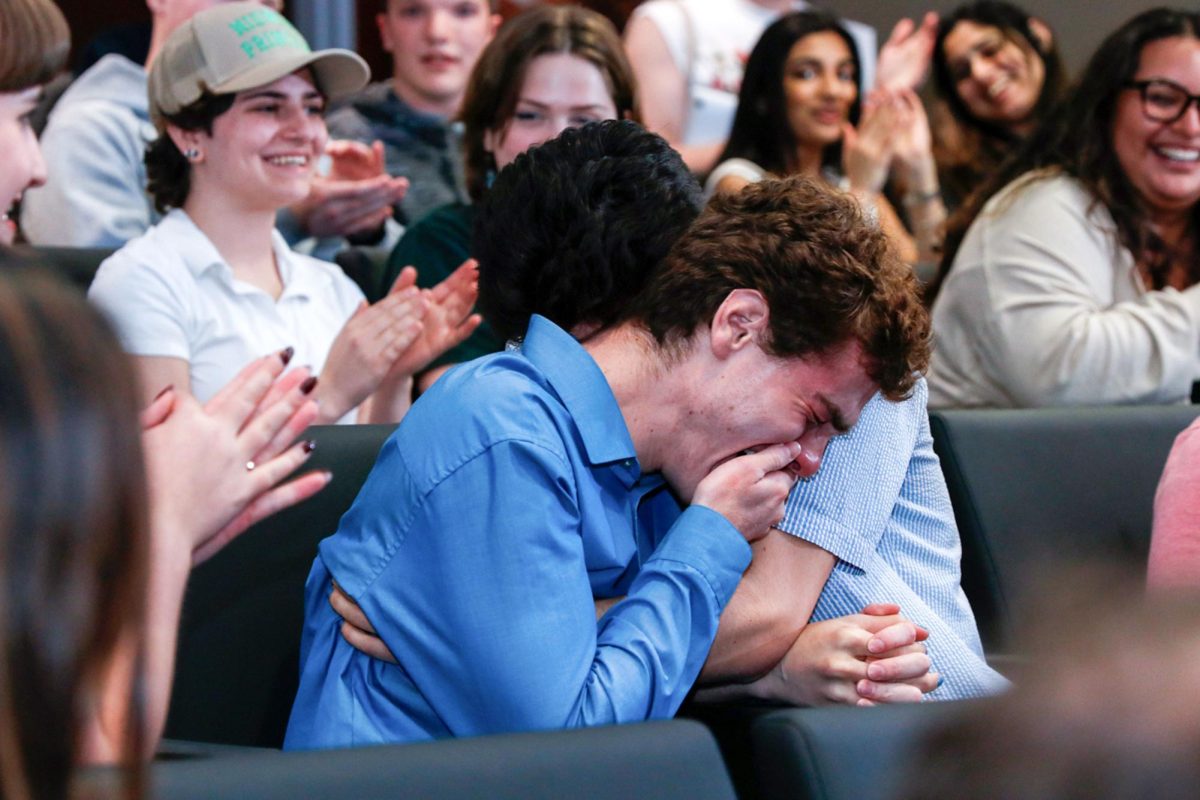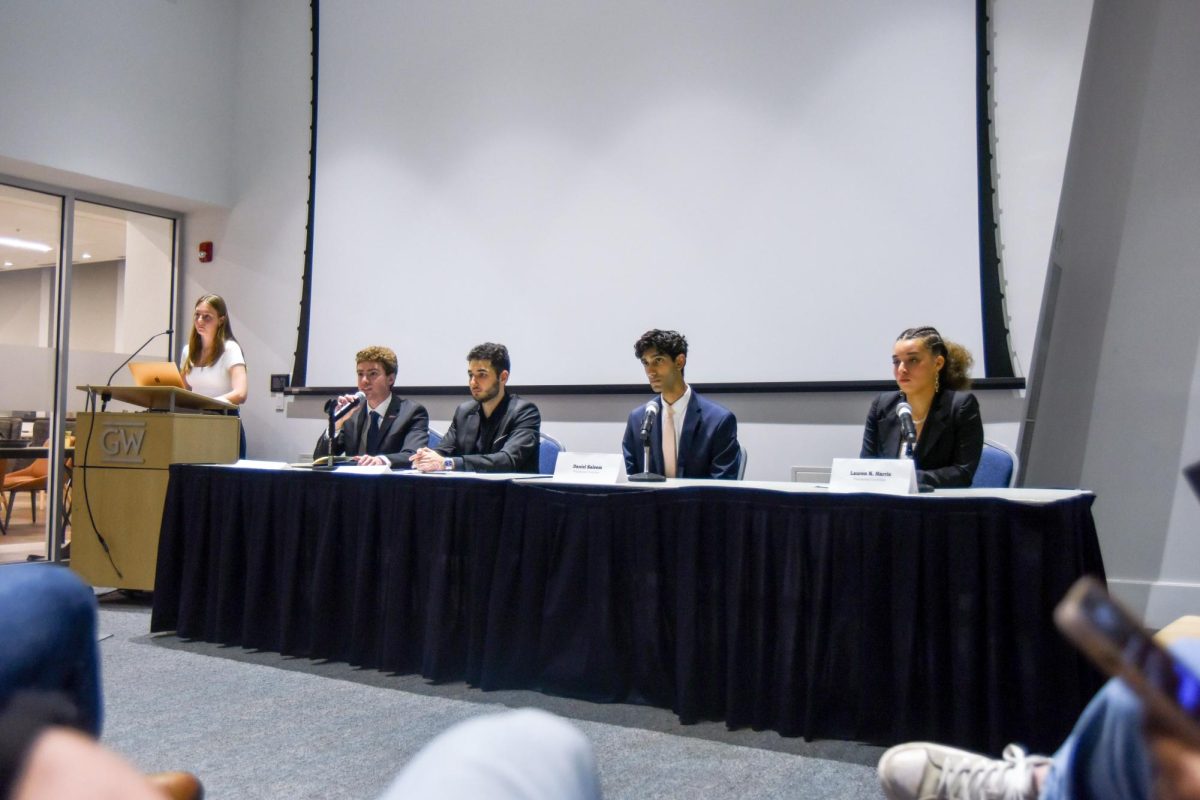Student organization allocation requests for the upcoming fall semester outnumbered the Student Association’s budget by about $4 million, leaving nearly all the allocation requests only partially met.
The SA finance committee allocated roughly $1 million in response to requests that totaled about $5 million from nearly 270 student organizations, according to the fall 2022 proposed General Allocations budget. SA Sen. Yan Xu, ESIA-U, and the chair of the SA Senate’s finance committee, said the committee prioritizes funding requests that will affect the greatest number of students.
On average, the 269 student organizations that applied for SA funding received about 30 percent of their requests from the SA’s budget. The Emergency Medical Response Group, which provides emergency transportation and responds to student distress calls, received the largest share of funding with more than $11,900 in allocations, still less than half of their total request.
J Street U at GW requested $2,860 but only received $30, about 1.05 percent of their request.
“I can say we provide everything we can provide,” Xu said.
The SA Senate will vote to approve the proposed budget allocations at its meeting Monday.

Nicholas Anastacio | Graphics Editor
The University cut the SA’s budget, which is determined by a $3 credit-hour fee, after steady enrollment drops during the past few years.
Xu said officials also moved SA funds from the budget to the University-wide Program Fund, which provides funding for large and multicultural events. He said the SA finance committee rejected requests from student organizations for large-scale events, which should fall under the University-wide Program Fund.
The senate created a financial code this spring that includes information on student organization funding policies and the appeals process. Additionally, the code adds a handbook for student organizations to explain the allocation process and changed SA policies. Xu said the SA finance committee introduced budget limitations this year, which limit funding for cultural or religious food and cap funding for decoration requests, according to the financial code.
“I want to emphasize that this is a committee, collective decision,” he said of the general allocations process.
The new limitations prohibit the SA from funding guest speakers, limit their funding to cultural or religious food and set maximum allocations for decoration requests, according to the financial code. The committee rejected about 15 percent of the overall funds requested because organizations requested prohibited or limited funding, like speaker fees or non-religious food.
Xu said along with the handbook, the finance committee reached out in late March to student organizations through multiple emails and social media posts. He said “many” student organizations did not follow the SA’s instruction to rank their requests in order of priority, leaving the finance committee to allocate in the order of the requests each organization submitted.
“If they genuinely want that money, they really need to read the instructions,” he said.
He said the SA’s budget changes annually based on fluctuations in enrollment and total credits taken, which affects the amount that the SA can allocate to student organizations. He said because the finance committee only communicates financial information to student organizations’ financial officers through officials, the student body thinks the committee does not communicate with them.
“We do communicate,” he said. “But our communication is through the University, and they only sent an email to financial officers.”
Members of four student organizations said they requested more funds than necessary to offset their costs because they did not expect to receive the full amount they requested from the SA. They said they plan to pursue alternative sources of funding like SA co-sponsorships and partnerships with local businesses, saying they understood it was “very difficult” for the finance committee to accommodate all requests.
Alex Stengel, the president of GWU Esports, said his organization did not expect to receive the more than $100,000 it requested from the SA for video games, coaching and hardware for their 660 active members but filed the request to secure funding for its quickly expanding membership. GWU Esports received more than $7,100 for headsets, monitors, mousepads and speakers that the organization plans to set up in the University Student Center and make available to the University community.
“Because most esports equipment is expensive, it’s very difficult to finance,” he said.
Stengel said prior to receiving notice of the SA budget allocation, GWU Esports drafted multiple budgets that varied in funding depending on the size of the SA’s allocation, even preparing for no funding at all. He said he appealed the SA’s offer for roughly an additional $1,600, but he plans to fundraise via profit-sharing events through businesses like Chipotle and &pizza and is working with the University “directly” to pursue alternative funding outside the SA.
“Our plans, based off of what we were able to work out with the University and what we’ve been able to work out with financial advisers really didn’t change much, mostly because we went in prepared to not know what was going to happen,” he said.
Sally Fried – the co-president of GW RAGE, an organization advocating for reproductive anatomy and gender equity – said her organization received $100 of the $600 it requested for speaker events and crafting nights next semester. She said she requested slightly more than the organization really needed, so if the SA did not fill their requested budget, she would still have enough to cover the events.
“In past years we’ve gotten around 400, but we got 100 this time,” she said. “So they completely slashed the speaker budget and resources, and they gave us only part of the amount we requested.”
Fried said she missed the deadline to appeal the organization’s allocation, but the SA advised she look into co-sponsorships.
“Co-sponsorships are an option, but we are a niche group,” she said. “So we are specific about who we want to partner with.”








